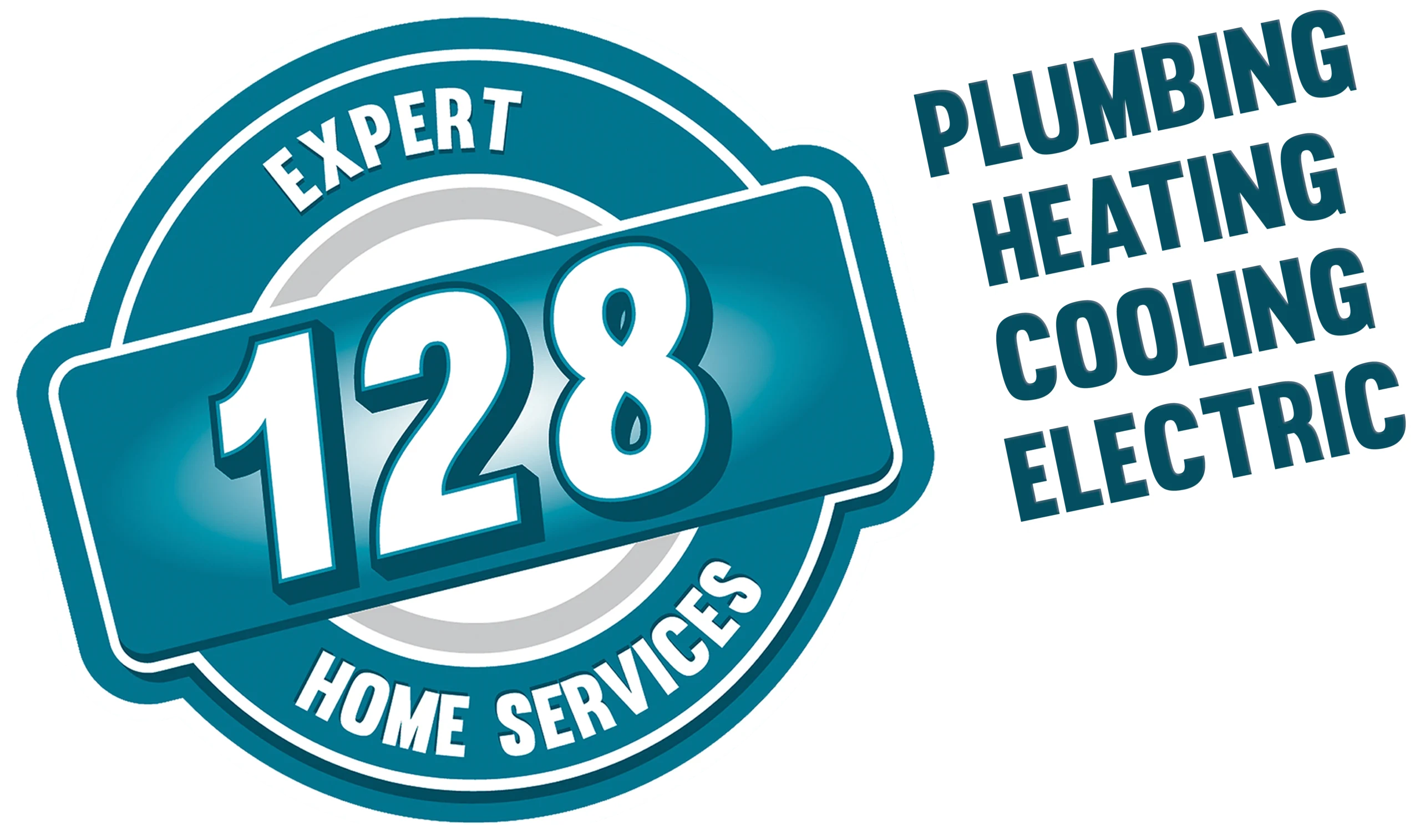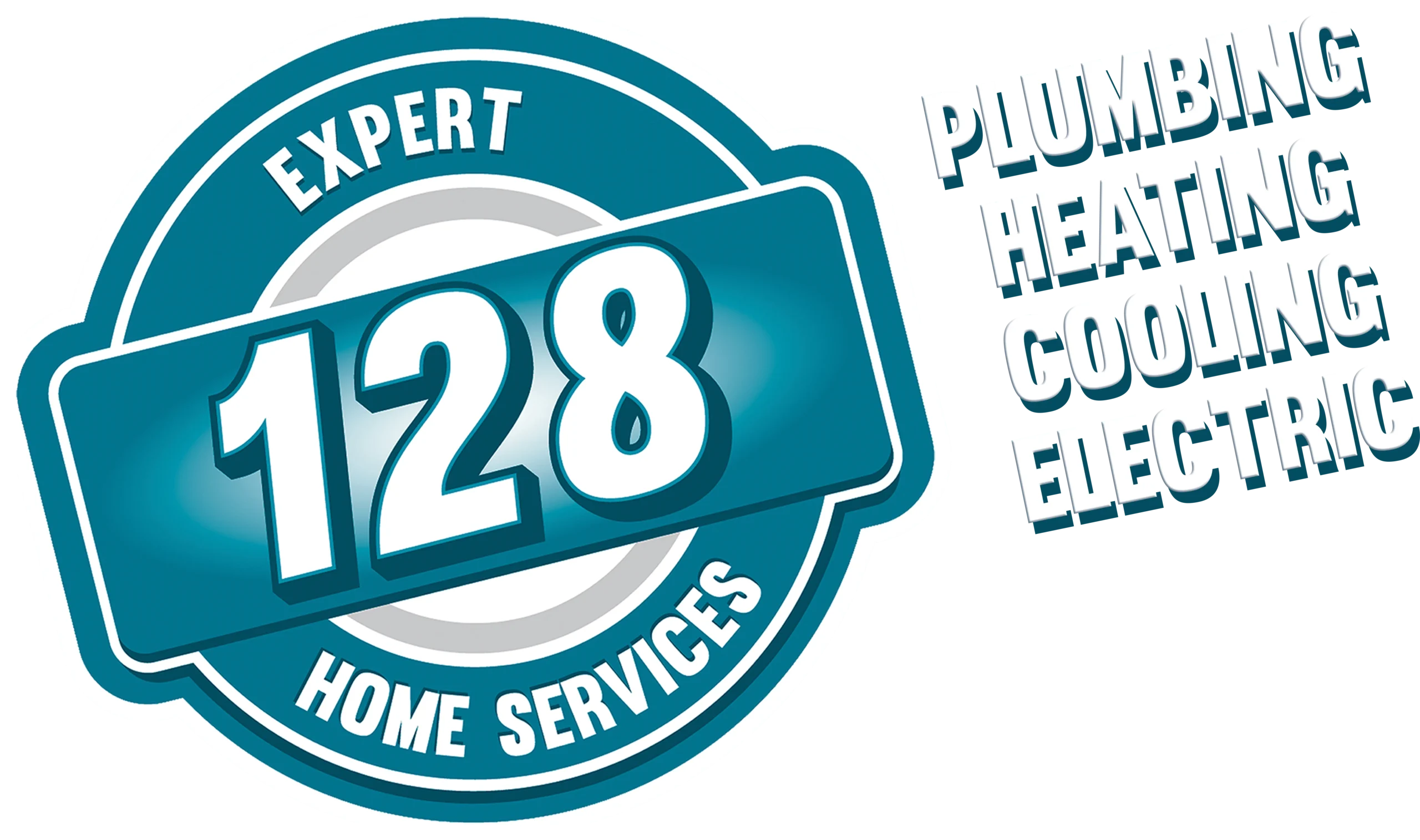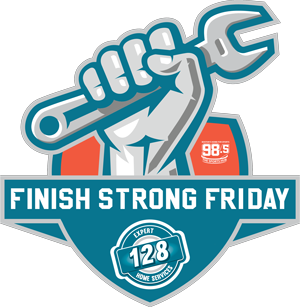With energy costs rising on what seems like a weekly basis, many Massachusetts residents are looking into the possibility of switching their heating systems to electricity to reduce costs as well as our ongoing dependence on fossil fuels.
It’s a popular subject that also goes by catch phrases like “greening the grid” to fight climate change, but there are a lot issues that come into play for residential energy users who are committed to doing this.
At 128 Plumbing, we can help. Electrification isn’t a new area for us when it comes to different aspects of home heating—we’ve been doing it for years, and we know the ins and outs of everything that goes into the switch. With that in mind, let’s examine some of the major issues that are involved and take a look at a few of the specifics.
What’s Involved in Residential Heating Electrification?
Massachusetts isn’t the only state where many home energy customers are looking into electrification. It’s a nationwide trend, and most of the focus is on heating the home space and hot water, as these are the two largest direct uses of fossil fuels, and they’re also the biggest source of emissions.
There are other areas of focus, too. Some home energy users want to replace gas-fired stoves with electric induction ranges, for instance, and surveys show that this need is mentioned in approximately one-third of the improvement programs associated with home heating electrification.
Overall, the idea is to make the process of heating your home and the water you use more efficient, but there are cost factors involved as well as issues with getting the work done right.
How Residential Home Heating Electrification Works
Now that we’ve outlined the basic process and discussed the interest in making the changes, let’s talk about some of the specifics that are involved.
Heat pumps that run by using electricity are a key component. Despite their name, they do double duty as air conditioners, and in most residential electrification switchovers they’re the simplest and most effective way to ensure maximum comfort in every room of your house.
The good news is that they’re much cheaper to run than gas- or oil-powered furnaces, and while your electric bill will probably go up, that increase will be more than outweighed by the reduction in your natural gas bills, especially during the winter.
Experts estimate you can save an average amount of close to $1,000 a year, which goes a long way toward paying off the cost of a new heat pump and turns into pure savings once that happens.
There is a related issue, though—your electrical panel. You need to have the amperage to handle the extra load that can come with installing a new heat pump, and this typically involves knowing some important numbers.
Electrical panels usually come in three configurations—60 amps, 100 amps and 200 amps. The panels in newer homes tend to be best equipped to handle the transition to a new heating pump, but you need have a 128 Plumbing expert evaluate your panel and electrical system to make sure that’s the case, especially if you own an older home.
The need for that kind of evaluation process extends across the board to any new appliances your installing. That includes electrical induction stoves and clothes dryers that use electrical resistance coils to boost heat output, not to mention EV chargers if you’re going green with your vehicles.
While a panel upgrade can cost some money, you may not have to pay for this right away. Experts estimate that a heat pump can be added about 75 percent of the time without doing any panel modifications, especially if your appliance needs are minimal and you’re not adding EV chargers.
Home Heating Electrification and the Familiarity Factor
Now let’s talk about the work itself. One of the most common problems with switching over your heating system to electricity is the work itself.
Why? Because many contractors either don’t want to do it, or they don’t know how to do it, They see a heat pump installation with costs that are higher than that of a new furnace or boiler, and while they may recognize the energy savings, many contractors try and talk customers out of the switch.
Their lack of familiarity with new heat pumps and the technology they use is a part of this. There are a few things that go into installing them that are different, so for some it takes a few iterations to get it right.
With 128 Plumbing, that won’t happen. Being current and up to date is important to us, and we know that knowing how install modern heat pumps is an important part of the savings you can realize.
When we evaluate your home and your heating system, we’ll give you the best possible recommendation based on the expertise we’ve accumulated by successfully doing this kind of work for decades.
Get a Complete Residential Evaluation and Save on Your Household Heating Costs
If your considering electrification for your home heating system, it’s important things to get a complete home evaluation from 128 Plumbing.
We’ll analyze your heating system and go through your current needs, then give you the best recommendations, both short- and long-term. We’ll also tell you if your panel can handle the switch, and we’ll fill you in on any other issues that may come up.
We have HVAC experts, electricians and plumbers who can handle any of the necessary work you need to do, so take the next step and call us at (888) 419-4233 or (781) 670-3261. We’ll answer any questions you may have, then set you up for an evaluation.
You can also go to 128Plumbing.com and start a live chat, and we have some great blogs and articles there to help educate you about residential heating electrification, how the process works, and everything else you need to know to get in on the savings.


